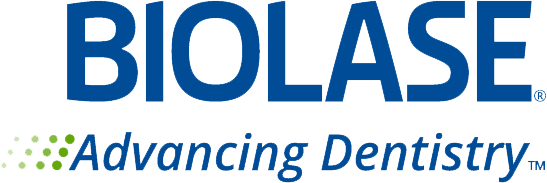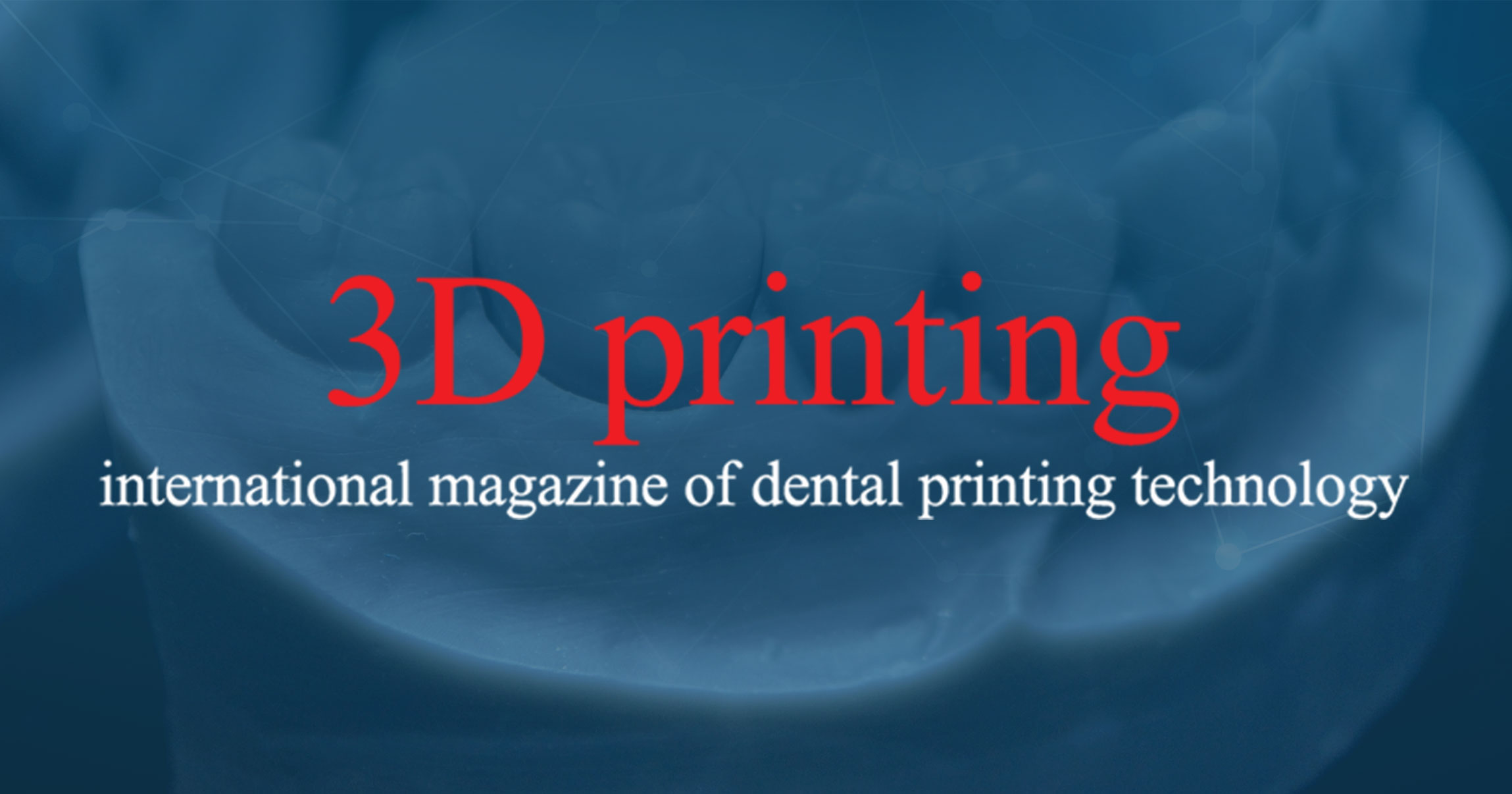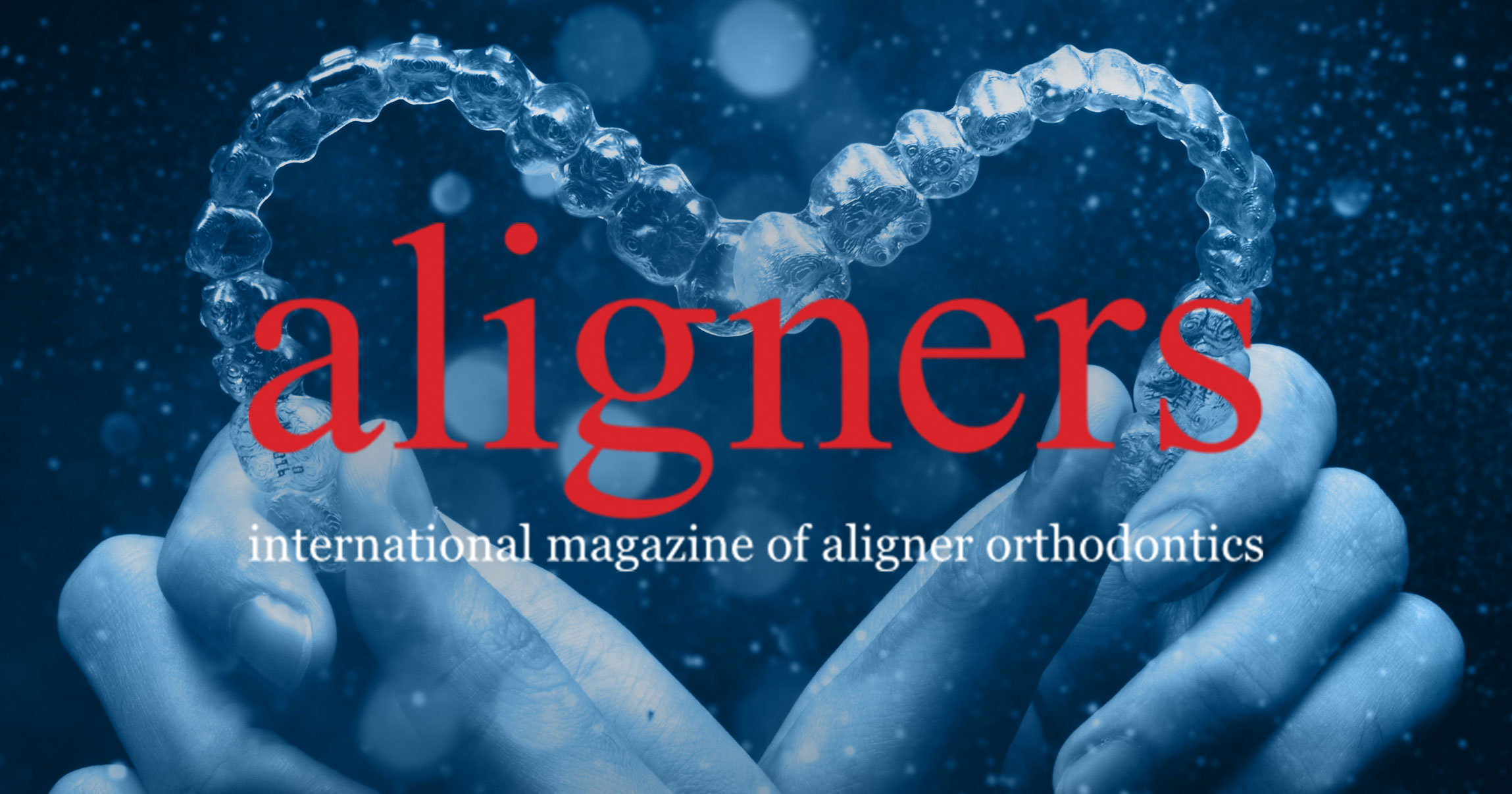BRISBANE, Australia: Researchers from the University of Queensland have surveyed Australian community pharmacists on their attitudes, beliefs and practices regarding oral health care. At 93 per cent, the vast majority of the respondents believed delivering oral health advice was within their role as a pharmacist. However, an even greater number stated that further education would increase their confidence in identifying oral health conditions and thus be of benefit to their practice.
“Pharmacists have a very important role to play in oral health care that is underrecognised,” Dr Christopher Freeman, co-author of the study, told the Australian Journal of Pharmacy. “We have a health system where people have poor access to dentists. Pharmacists may be able to help ease the overwhelming burden of patients with oral health issues,” he added.
Of the 144 pharmacists surveyed across Australia, 84 per cent stated that they were confident in recommending and giving advice about oral health products. According to the respondents, the issues they received the most frequent enquiries about were analgesic medication to relieve oral-related pain, mouth ulcers, oral thrush, toothache and smoking cessation. These were also the oral health problems most pharmacists felt able to handle with certainty.
However, only 68 per cent of the respondents were confident in identifying oral health conditions and 97 per cent said that they would find further oral health education beneficial for their practice. One area that particularly needed improvement—with regard to additional knowledge and training—was assessing smoking status, which is an important risk factor for many oral health conditions, including periodontal disease and several oral cancers. In the study, only 8 per cent of the pharmacists reported always asking the patient about his or her smoking status, and 17 per cent asked most of the time, 35 per cent sometimes, 30 per cent hardly ever and 10 per cent never.
According to the researchers, the findings may guide further research regarding the development of appropriate training programmes and standards on how pharmacists could improve oral health care in collaboration with dental and medical practitioners.
The results of the study were published in the August issue of the International Journal of Pharmacy Practice in an article titled “Describing the role of Australian community pharmacists in oral healthcare”.



 Albania / Albania
Albania / Albania
 Austria / Österreich
Austria / Österreich
 Bosnia and Herzegovina / Босна и Херцеговина
Bosnia and Herzegovina / Босна и Херцеговина
 Bulgaria / България
Bulgaria / България
 Croatia / Hrvatska
Croatia / Hrvatska
 Czech Republic & Slovakia / Česká republika & Slovensko
Czech Republic & Slovakia / Česká republika & Slovensko
 Denmark / Danmark
Denmark / Danmark
 Finland / Suomi
Finland / Suomi
 France / France
France / France
 Germany / Deutschland
Germany / Deutschland
 Greece / ΕΛΛΑΔΑ
Greece / ΕΛΛΑΔΑ
 Italy / Italia
Italy / Italia
 Netherlands / Nederland
Netherlands / Nederland
 Nordic / Nordic
Nordic / Nordic
 Poland / Polska
Poland / Polska
 Portugal / Portugal
Portugal / Portugal
 Romania & Moldova / România & Moldova
Romania & Moldova / România & Moldova
 Slovenia / Slovenija
Slovenia / Slovenija
 Serbia & Montenegro / Србија и Црна Гора
Serbia & Montenegro / Србија и Црна Гора
 Spain / España
Spain / España
 Sweden / Sverige
Sweden / Sverige
 Switzerland / Schweiz
Switzerland / Schweiz
 Turkey / Türkiye
Turkey / Türkiye
 UK & Ireland / UK & Ireland
UK & Ireland / UK & Ireland
 International / International
International / International
 Brazil / Brasil
Brazil / Brasil
 Canada / Canada
Canada / Canada
 Latin America / Latinoamérica
Latin America / Latinoamérica
 USA / USA
USA / USA
 India / भारत गणराज्य
India / भारत गणराज्य
 Japan / 日本
Japan / 日本
 Pakistan / Pākistān
Pakistan / Pākistān
 Vietnam / Việt Nam
Vietnam / Việt Nam
 ASEAN / ASEAN
ASEAN / ASEAN
 Israel / מְדִינַת יִשְׂרָאֵל
Israel / מְדִינַת יִשְׂרָאֵל
 Algeria / الجزائر
Algeria / الجزائر
 Middle East (English) / Middle East (English)
Middle East (English) / Middle East (English)
:sharpen(level=0):output(format=jpeg)/up/dt/2023/02/europ1.jpg)
:sharpen(level=0):output(format=jpeg)/up/dt/2023/02/CADADET.jpg)
:sharpen(level=0):output(format=jpeg)/up/dt/2023/02/align1.jpg)
:sharpen(level=0):output(format=jpeg)/up/dt/2022/11/Dentistry-scrapes-through-third-quarter-check-up.jpg)
:sharpen(level=0):output(format=jpeg)/up/dt/2022/11/PICS1-2.jpg)







:sharpen(level=0):output(format=png)/up/dt/2014/02/Du%CC%88rr_Dental.png)
:sharpen(level=0):output(format=png)/up/dt/2010/06/DirectaDentalGroup_2021_new_a.png)
:sharpen(level=0):output(format=png)/up/dt/2014/02/ACTEON.png)
:sharpen(level=0):output(format=png)/up/dt/2022/01/Sprintray_Logo_2506x700.png)
:sharpen(level=0):output(format=png)/up/dt/2015/09/Curaden.png)
:sharpen(level=0):output(format=png)/up/dt/2022/06/RS_logo-2024.png)
:sharpen(level=0):output(format=jpeg)/up/dt/2022/08/DTCHI_0322_FINAL.jpg)
:sharpen(level=0):output(format=jpeg)/up/dt/e-papers/307114/1.jpg)
:sharpen(level=0):output(format=jpeg)/up/dt/e-papers/302868/1.jpg)
:sharpen(level=0):output(format=jpeg)/up/dt/e-papers/295582/1.jpg)
:sharpen(level=0):output(format=jpeg)/up/dt/e-papers/274907/1.jpg)
:sharpen(level=0):output(format=jpeg)/up/dt/e-papers/271655/1.jpg)
:sharpen(level=0):output(format=jpeg)/up/dt/2023/01/web0115.jpg)
:sharpen(level=0):output(format=jpeg)/up/dt/2022/11/FDI-Sydney-2023_shutterstock.jpg)
:sharpen(level=0):output(format=jpeg)/up/dt/2022/12/Singapore_Marina-Sands-Bay_evening_1920x1080.jpg)
:sharpen(level=0):output(format=jpeg)/up/dt/2017/01/485076d0e82fe2fbc192fecc694c4b17.jpg)

:sharpen(level=0):output(format=jpeg)/up/dt/2023/02/europ1.jpg)
:sharpen(level=0):output(format=gif)/wp-content/themes/dt/images/dt-user.gif)
:sharpen(level=0):output(format=jpeg)/up/dt/2017/01/5b3068db4a1710fde0fb22860695fd0f.jpg)
:sharpen(level=0):output(format=jpeg)/up/dt/2017/01/c57fb505fe46b5b42cd8dc1c86bbf20c.jpg)
:sharpen(level=0):output(format=jpeg)/up/dt/2018/09/DSC_0002.jpg)
:sharpen(level=0):output(format=jpeg)/up/dt/2017/04/FDI-congress.jpg)
:sharpen(level=0):output(format=jpeg)/up/dt/2017/05/resize_1494760641_uploads_images_591aa95908860add10545823546f8e12_jpg_610x0_85.jpg)
:sharpen(level=0):output(format=jpeg)/up/dt/2017/07/resize_1500026917_uploads_images_d308ef6959b415c105e5b752b193a9d0_jpg_610x0_85.jpg)











:sharpen(level=0):output(format=jpeg)/up/dt/2023/02/europ1.jpg)
:sharpen(level=0):output(format=jpeg)/up/dt/2023/02/CADADET.jpg)
:sharpen(level=0):output(format=jpeg)/up/dt/2023/02/align1.jpg)
:sharpen(level=0):output(format=jpeg)/up/dt/e-papers/307114/1.jpg)
:sharpen(level=0):output(format=jpeg)/up/dt/e-papers/302868/1.jpg)
:sharpen(level=0):output(format=jpeg)/up/dt/e-papers/295582/1.jpg)
:sharpen(level=0):output(format=jpeg)/up/dt/e-papers/274907/1.jpg)
:sharpen(level=0):output(format=jpeg)/up/dt/e-papers/271655/1.jpg)
:sharpen(level=0):output(format=jpeg)/up/dt/2022/08/DTCHI_0322_FINAL.jpg)
:sharpen(level=0):output(format=jpeg)/up/dt/e-papers/311322/2.jpg)



